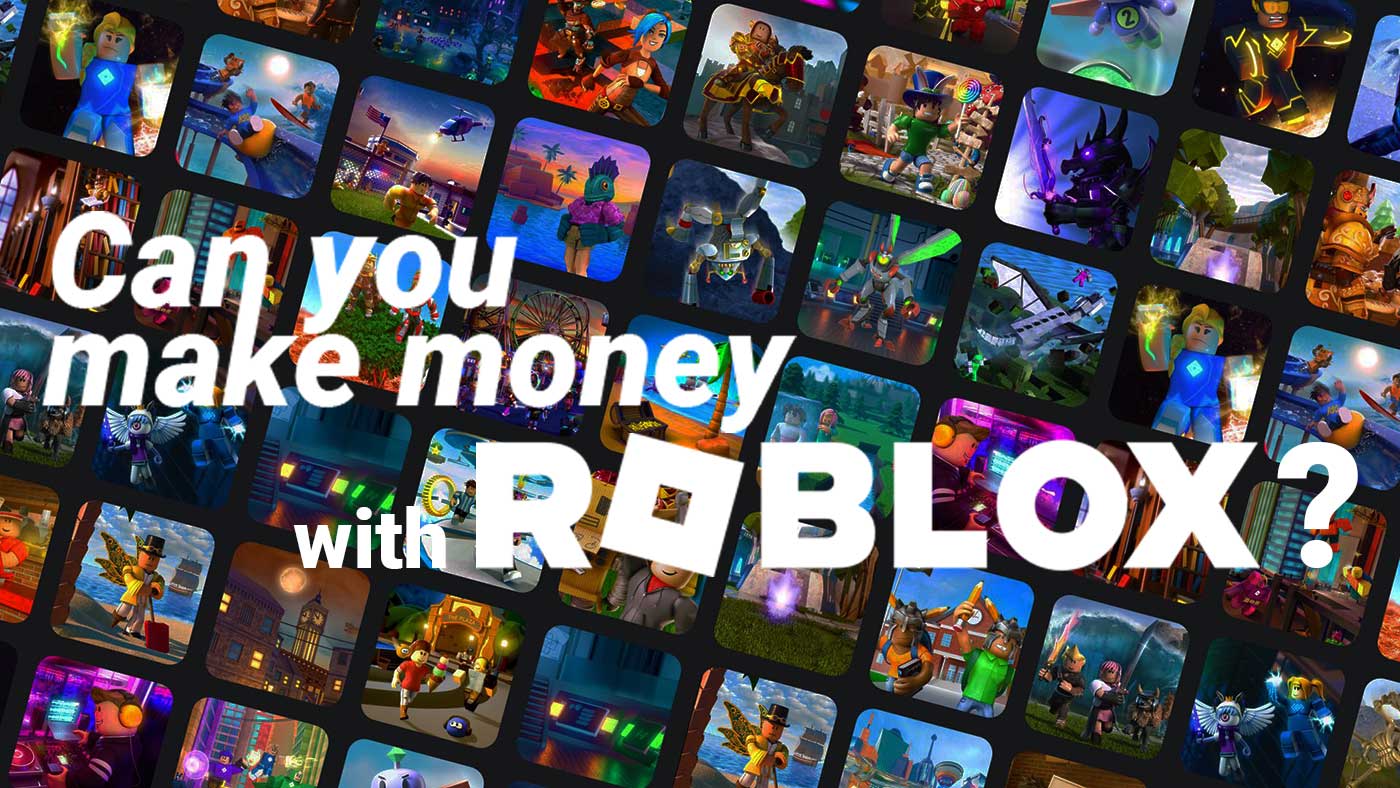Exactly How Play-to-Earn Games Are Changing the Video Gaming Market

Understanding Play-to-Earn Mechanics
The play-to-earn design has actually become an advanced principle within the pc gaming industry, fundamentally changing the partnership in between players and the games they engage with. This version enables players to earn concrete benefits, usually in the type of cryptocurrencies or non-fungible symbols (NFTs), via their in-game activities. Unlike traditional video gaming frameworks that normally generate income from with membership charges or single acquisitions, play-to-earn video games incentivize player participation by directly linking gameplay accomplishments to real-world worth.
At the core of play-to-earn auto mechanics is the assimilation of blockchain modern technology, which ensures transparency and verifiable possession of in-game properties. Gamers can acquire, market, or trade these properties in decentralized industries, encouraging them with economic agency previously undetected in traditional pc gaming environments. Each gamer's payment to the game ecological community-- be it through proficient play, critical trading, or neighborhood involvement-- enhances the total video gaming experience while providing them a possibility to produce income.
As gamers invest time and resources, they not just strengthen their engagement with the video game however also cultivate a vibrant economic climate that reflects their cumulative efforts (play and earn rewards). This transformation of gameplay right into a monetizable venture is improving both player motivation and video game design
Financial Effect On Players

Additionally, play-to-earn designs democratize access to economic advantages. Gamers from varying socio-economic histories can get involved and potentially earn substantial earnings, connecting voids that exist in standard job markets. This paradigm change promotes economic self-reliance, particularly in areas where employment possibility might be limited.
In addition, the intro of virtual economies allows players to build wealth through strategic financial investments in in-game possessions, which can value in time. This has actually caused the development of a new class of players that approach play-to-earn as a major income-generating task, commonly resulting in the reinvestment of revenues into the video gaming ecosystem itself. Inevitably, the economic effect on gamers is profound, as they browse a landscape where recreation and income merge.
The Role of Blockchain Innovation
What makes blockchain modern technology a foundation of play-to-earn video games is its ability to supply openness, decentralization, and protection. By making use of a distributed ledger system, blockchain makes sure that all purchases within the game are tape-recorded in an unalterable fashion, allowing players to confirm possession of in-game browse around these guys properties without counting on a central authority. This transparency promotes depend on amongst gamers, as they can independently verify the deficiency and provenance of electronic things, enhancing their value.
In addition, blockchain technology empowers gamers through decentralization, allowing them to participate in peer-to-peer transactions. Players are no much longer constrained to in-game economies controlled by developers; instead, they can trade, offer, or lease their assets freely in open marketplaces. This shift not only increases the overall liquidity of digital assets yet additionally urges even more significant player interaction, as individuals can directly gain from their time and effort bought the check it out video game.
Furthermore, blockchain promotes the production of clever agreements, which automate different in-game processes, from rewards circulation to administration devices. play and earn rewards. This innovation lowers the threat of fraudulence and makes certain reasonable play, more strengthening blockchain's essential function in the evolution of play-to-earn gaming
Criticisms and challenges
Regularly, play-to-earn video games encounter substantial difficulties and criticisms that can prevent their development and acceptance within the broader gaming area. One main issue is the possibility for a speculative bubble, where the value of in-game assets can change dramatically, resulting in financial losses for gamers. This volatility weakens the stability that typical pc gaming atmospheres typically supply.
In addition, the integration of blockchain modern technology commonly questions regarding environmental sustainability. The power consumption related to specific blockchain networks has actually sparked debates relating to the eco-friendly influence of these games. Movie critics argue that the carbon impact generated by play-to-earn platforms can discourage eco-conscious gamers.
In addition, there are problems concerning availability and inclusivity. Many play-to-earn games call for gamers to invest considerable ahead of time capital to obtain needed properties, creating barriers for those with minimal funds. This design can accidentally create a divide between wealthier gamers and those who can not pay for to take part.
Future Fads in Gaming
As the gaming industry continues to develop, several future patterns are emerging that promise to reshape the landscape of play-to-earn games and past. One substantial fad is the raising assimilation of blockchain modern technology, which boosts openness and security in purchases. This will likely bring about greater count on among players, encouraging wider adoption of play-to-earn versions.
In addition, the rise of non-fungible tokens (NFTs) is set to transform digital possession, allowing players to really own in-game assets. This shift will certainly not just encourage gamers however additionally create brand-new economic chances within the online ecological community. Furthermore, the convergence of gaming with other markets, such as social media sites and decentralized money (DeFi), is anticipated to promote ingenious gameplay technicians and monetization strategies.
In addition, improvements in man-made knowledge and machine understanding will make it possible for much more tailored video gaming experiences, satisfying private gamer preferences and enhancing interaction. Finally, the expanding emphasis on community-driven growth will likely influence video game design, as players significantly take part in forming their video gaming settings. Jointly, these trends suggest a transformative future for navigate here the pc gaming industry, where play-to-earn versions will play a main role in redefining player communication and worth development.
Verdict
Finally, play-to-earn games stand for a substantial shift in the pc gaming sector, fostering economic chances via innovative auto mechanics that take advantage of blockchain modern technology. This model not only democratizes access to monetary advantages for gamers from various socio-economic histories yet also encourages neighborhood interaction and empowerment. In spite of encountering criticisms and obstacles, the potential for future innovations suggests that play-to-earn games will continue to shape the video gaming landscape, using new opportunities for wide range development and gamer involvement.
The emergence of play-to-earn video games represents a significant change in the gaming sector, reshaping the connection between gamers and the digital economic climate (play and earn rewards).The play-to-earn design has actually arised as a cutting edge principle within the video gaming market, fundamentally modifying the partnership between players and the video games they engage with. Unlike conventional gaming structures that commonly generate income from through subscription costs or one-time purchases, play-to-earn video games incentivize player participation by straight linking gameplay achievements to real-world worth
These ingenious gaming systems empower gamers to produce real-world income via their in-game tasks, thereby changing the conventional notion of pc gaming from a simple activity right into a feasible economic possibility. In spite of facing challenges and objections, the possibility for future innovations recommends that play-to-earn video games will proceed to shape the gaming landscape, supplying brand-new methods for riches development and gamer participation.